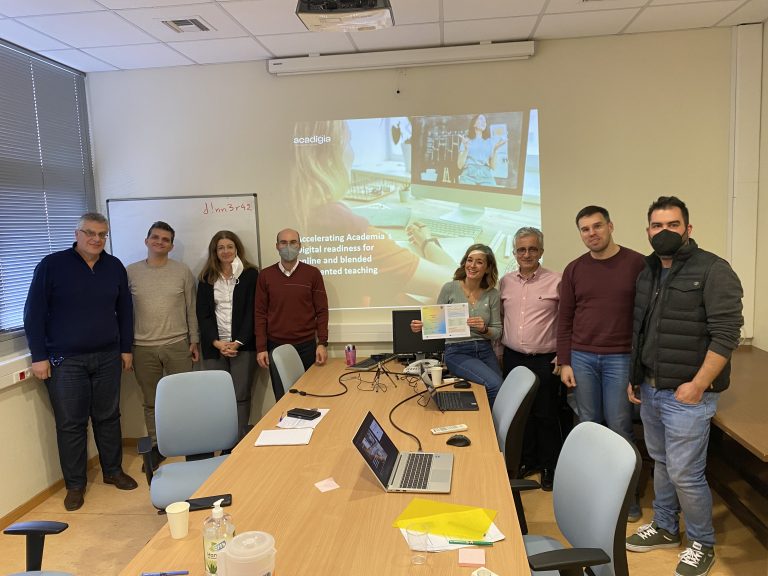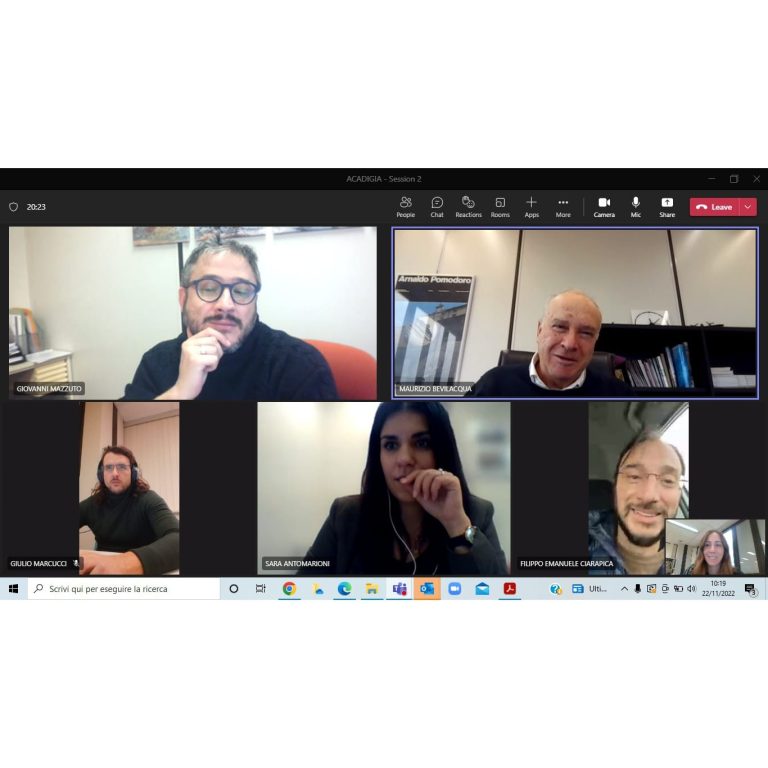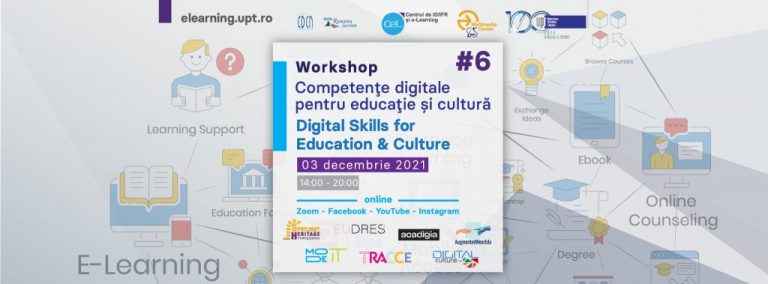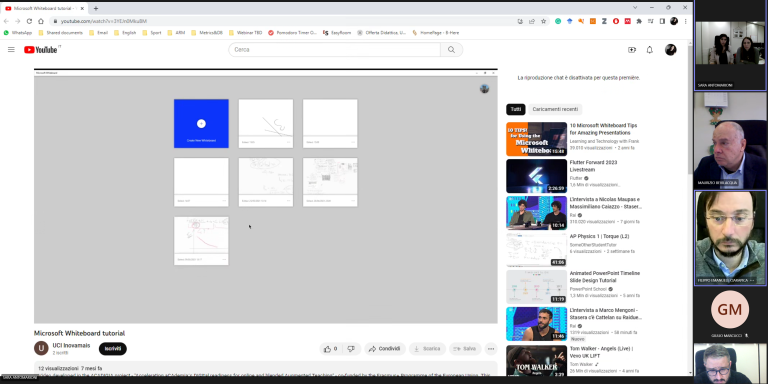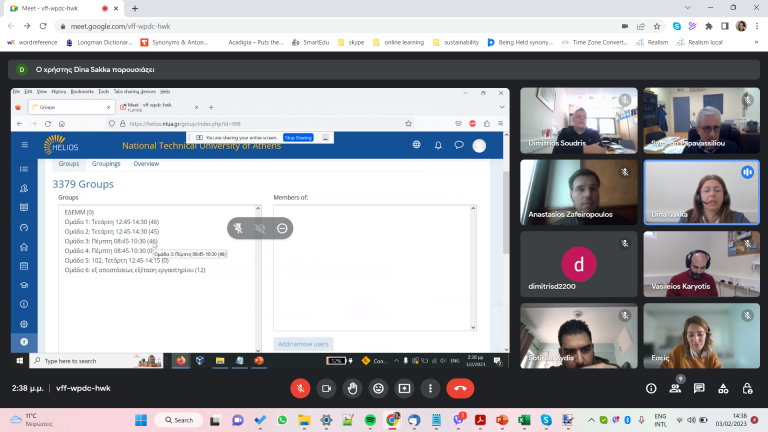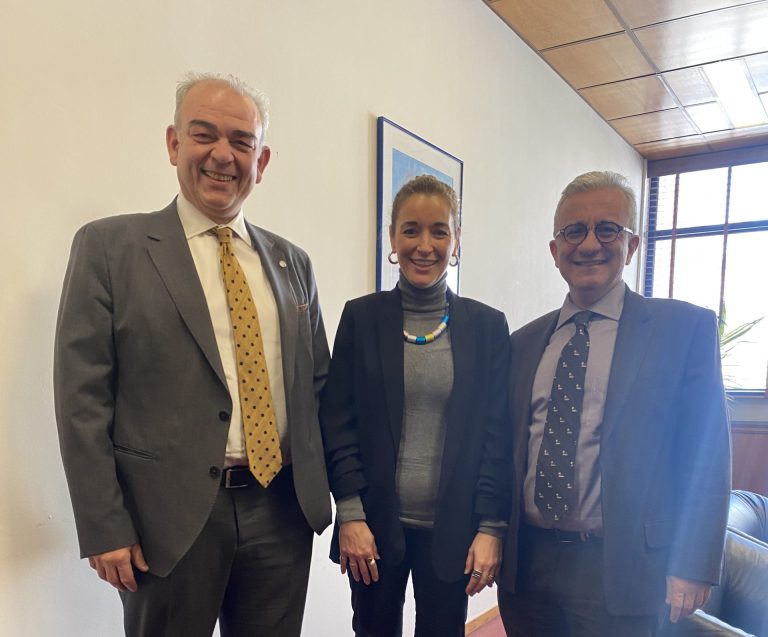The Polytechnic Institute of Porto is coordinating a new project entitled ACADIGIA that aims to accelerate the digital readiness of Polytechnic higher education institutions towards the sustainable adoption of more online and blended approaches in education.
ACADIGIA project – Accelerating aCAdemia´s DIGItal readiness for online and blended Augmented teaching – is a 24-months initiative fostering synergies in 6 countries (Portugal, Spain, Italy, Greece, Romania, and Ireland) and was conceptualized within the joint interest of the institutions involved to develop an acceleration model for enabling Polytechnics to embrace the digital transformation of the education and is founded mainly upon the first Strategic priority of the Digital Education Action Plan – Fostering the development of a high performing digital education ecosystem.
This comes as a necessary capacity at individual, organizational, and institutional levels to withstand emergencies like the Covid19. Under this endeavour, the project will deepen in the role of the New Academia and the necessary adoption of innovative blended approaches, and target the transformation of the institutional staff into mentors who will animate and support peer2peer assisted groups of practitioners.
This project is shaped to provide solutions to the overarching problems that were highlighted in a dedicated needs analysis (in annex) that was performed in the partnering Polytechnics, and summarises the following:
- Distance learning implemented because of COVID-19 showed that presential classes were transported virtual classes, with videoconference tools, without using e-learning methodologies;
- Teachers started to use LMS (Learning Management Systems) like Moodle or Blackboard to support their classes, but only to disseminate files to students and receiving files of student’s work;
- Pedagogical skills for distance learning, followed by technical skills are the main skills identified as needed to implement distance learning and using virtual environments;
- Teachers referred to difficulties in transforming their materials of presential classes to distance learning, so they used the same materials and type of classes but knowing that it is not the most proper way to do it;
- The assessment was the most difficult issue to handle in distance learning because there is a lack of trust in online systems. This difficulty mainly shows that teachers need training on e-learning strategies to be able to implement with efficiency online assessment strategies.
These issues demonstrate the need for training and preparation need to the overall implementation of distance learning!



